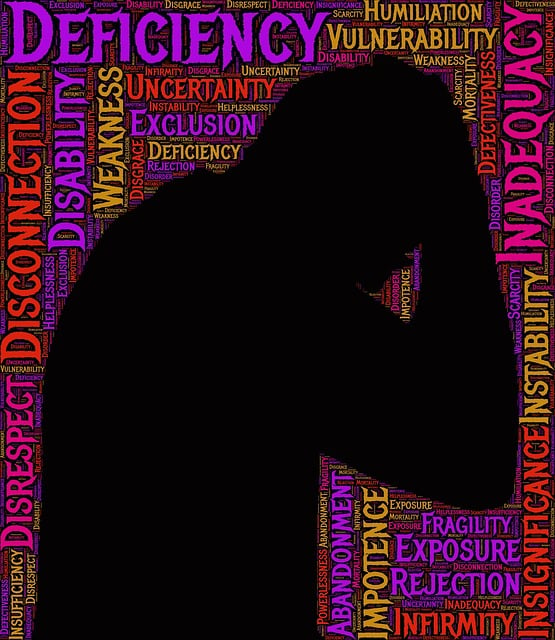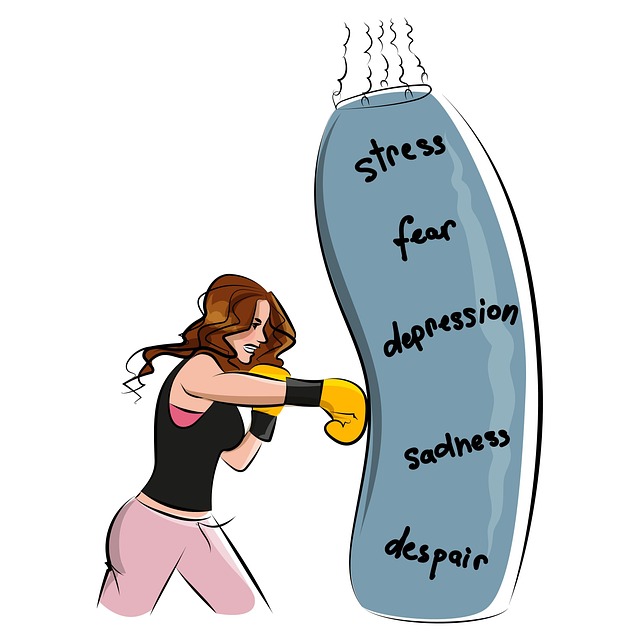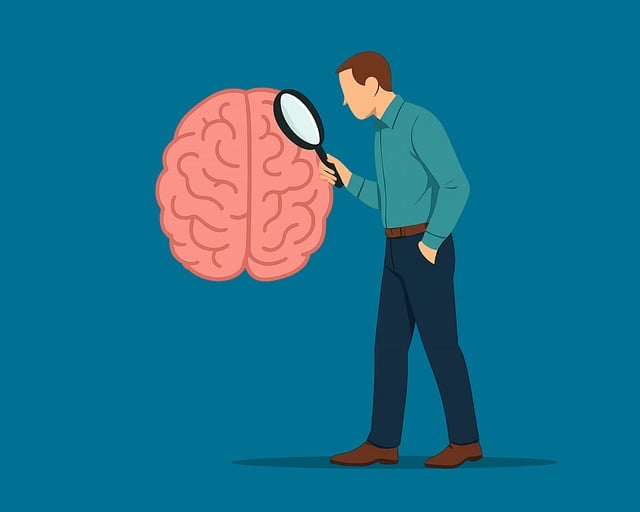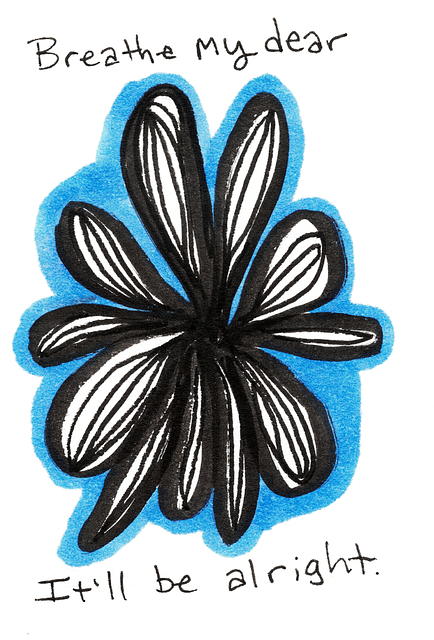Elderly individuals face unique stressors like health changes, loss, and isolation, making robust coping skills crucial for mental well-being. Therapy targeting elders with child abuse histories is essential to prevent long-term mental health issues. Key strategies include building self-esteem, resilience through education, burnout prevention for healthcare providers, and targeted therapeutic approaches like cognitive behavioral therapy (CBT) and group therapy. Recognizing depression signs, especially among culturally sensitive elders, is vital. Public awareness campaigns normalize trauma conversations and promote access to specialized services. CBT helps process past traumas and adopt healthier thinking patterns, fostering overall well-being through emotional healing processes.
Coping skills development is a vital aspect of elderly care, especially considering the profound impact of past experiences like childhood abuse on mental health in later life. This article delves into the significance of coping mechanisms for seniors, exploring topics such as understanding and recognizing signs of trauma, therapeutic approaches to process past events, and building resilience. By addressing these issues, we aim to equip caregivers and therapists with effective strategies to support elders, particularly those who have experienced child abuse, in navigating their emotional journeys.
- Understanding Coping Skills and Their Significance for Elderly Individuals
- The Impact of Childhood Abuse on Later Life: A Sensitized Perspective
- Identifying Signs and Symptoms: Recognizing the Need for Support
- Therapeutic Approaches to Help Elders Process Past Trauma
- Building Resilience: Effective Strategies for Coping with Trauma in Old Age
Understanding Coping Skills and Their Significance for Elderly Individuals

Coping skills are adaptive behaviors that help individuals manage stress, emotions, and challenging situations effectively. For elderly individuals, developing robust coping strategies is particularly important as they often face physical health changes, loss of loved ones, and social isolation. Understanding coping skills becomes crucial in the context of therapy for elders, especially those who have experienced child abuse or other traumatic events. These experiences can lead to long-lasting mental health issues if not addressed properly.
Mental health education programs designed with a focus on older adults should incorporate strategies to enhance self-esteem and resilience. Burnout prevention techniques are also vital for healthcare providers working with this demographic, ensuring they can offer consistent support without succumbing to stress-related fatigue. By equipping the elderly with effective coping mechanisms, we not only improve their mental health but also enable them to navigate life’s transitions and challenges with greater ease.
The Impact of Childhood Abuse on Later Life: A Sensitized Perspective

Childhood abuse, a profound and often traumatic experience, can cast a long shadow over an individual’s life trajectory. As individuals age and enter later life, the effects of past abuse may resurface or manifest in unexpected ways. Elders who have experienced child abuse may struggle with complex emotional issues, such as anxiety, depression, and post-traumatic stress disorder (PTSD). These challenges can significantly impact their overall well-being, social interactions, and ability to maintain a healthy self-care routine for better mental health.
The journey towards healing and coping often requires professional intervention, particularly through therapy for elders who have suffered child abuse. Therapeutic approaches tailored to address these unique experiences can equip individuals with essential communication strategies and emotional regulation skills. By facilitating open dialogue about past traumas, therapists enable elders to process and make sense of their histories, fostering a sense of empowerment and resilience as they navigate the complexities of later life.
Identifying Signs and Symptoms: Recognizing the Need for Support

Recognizing signs and symptoms is a crucial first step in identifying when an elder might need support, especially if they have experienced past traumas such as child abuse. It’s important to note that depression prevention strategies can play a significant role here. Elders may display changes in behavior or mood, including withdrawal from social activities, loss of interest in hobbies, or persistent feelings of sadness and hopelessness. These could be indicators of underlying issues requiring professional intervention.
In light of the above, cultural sensitivity in mental healthcare practice is essential. Every individual has unique experiences shaped by their cultural backgrounds, and these factors can influence how they express distress. Encouraging open conversations through self-awareness exercises can help professionals understand these nuances, fostering a safe environment for elders to share their stories and seek necessary therapy for elders child abuse or other past traumas.
Therapeutic Approaches to Help Elders Process Past Trauma

Many elders carry unprocessed trauma from their past, often stemming from childhood abuse or war experiences. Therapeutic approaches designed to help them navigate and overcome these memories are crucial for emotional regulation and overall well-being. Techniques such as cognitive behavioral therapy (CBT) have proven effective in treating complex post-traumatic stress disorder (PTSD). CBT helps individuals challenge negative thoughts and beliefs, replacing them with healthier perspectives that reduce the power of traumatic memories.
Additionally, group therapy sessions can foster a sense of community and shared understanding among elders dealing with similar issues. This supportive environment encourages open dialogue and facilitates the development of inner strength through collective resilience. Public awareness campaigns also play a significant role in encouraging vulnerable individuals to seek help, normalizing conversations about past trauma and promoting access to specialized therapeutic services tailored for elder populations.
Building Resilience: Effective Strategies for Coping with Trauma in Old Age

Building resilience is a crucial aspect of coping skills development for elders, especially those who have experienced trauma, such as child abuse. Effective strategies involve therapy tailored to their unique needs and life experiences. Cognitive Behavioral Therapy (CBT) has proven beneficial in helping seniors process past traumas and develop healthier thinking patterns. By addressing negative thought cycles and emotions tied to these events, CBT enables individuals to gain a sense of control and foster mental wellness.
Additionally, incorporating emotional healing processes through therapy can significantly enhance their overall well-being. Encouraging open dialogue, providing safe spaces for expression, and teaching coping mechanisms empowers elders to navigate traumatic memories. Integrating these strategies into a Mental Wellness Podcast Series Production can further support their journey, offering accessible resources and community while promoting understanding and empathy towards the emotional intelligence needed to cope with such experiences in old age.
Coping skills development is a vital component of enhancing the quality of life for elderly individuals, especially those who have experienced childhood abuse. By understanding and implementing therapeutic approaches, such as processing past trauma through specialized therapy for elders and building resilience, we can support them in navigating the challenges of old age with greater ease. Recognizing the signs and symptoms of distress is key to providing timely intervention and fostering a supportive environment that promotes healing and well-being.














